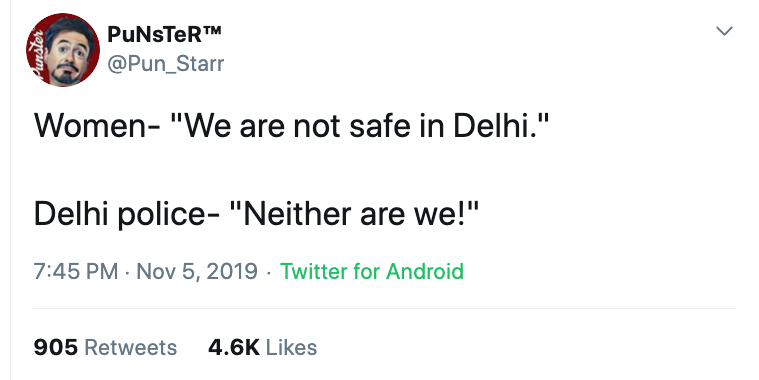You can’t use “Me Too” as a response in agreement to the negative speeches. However, you can use “Me Neither” in informal communication.
Recently, I came across the following tweet.
Women- "We are not safe in Delhi."
Delhi police- "We too."
— PuNsTeR™ (@Pun_Starr) November 5, 2019
Even as the tweet was retweeted over a thousand times, I was surprised to find nobody pointed out the glaring mistake.
Can you see the error in the above tweet?
That’s right — “We Too”.
In English communication, there is a convention to follow when you express your agreement/disagreement with someone.
For example:
I love ice-cream — So do I.
I am quite honest — So am I.
I have seen that movie — So have I.
I must leave now — So must I.
I would be surprised — So would I.
In all of the above examples, the speaker is talking about themselves. What if they were talking about someone else?
For example:
She’s always late — So is he.
He has many friends — So does she.
In the above examples, your response is about someone else. It’s important to note the agreement between “subject” and “verb” as well.
Agreeing with Negative Speeches
If the speaker is using negative speeches, your agreement should be negative too.
For example:
I don’t like politics — Neither Do I (Nor Do I in the UK)
I didn’t make it — Neither Did I (Nor Did I in the UK)
I’m not fond of Jazz — Neither Am I (Nor Am I in the UK)
Therefore, it’s wrong to say “Me Too” in response to the above examples.
Keeping the convention in mind, the tweet should have been as follows:


Leave a Reply